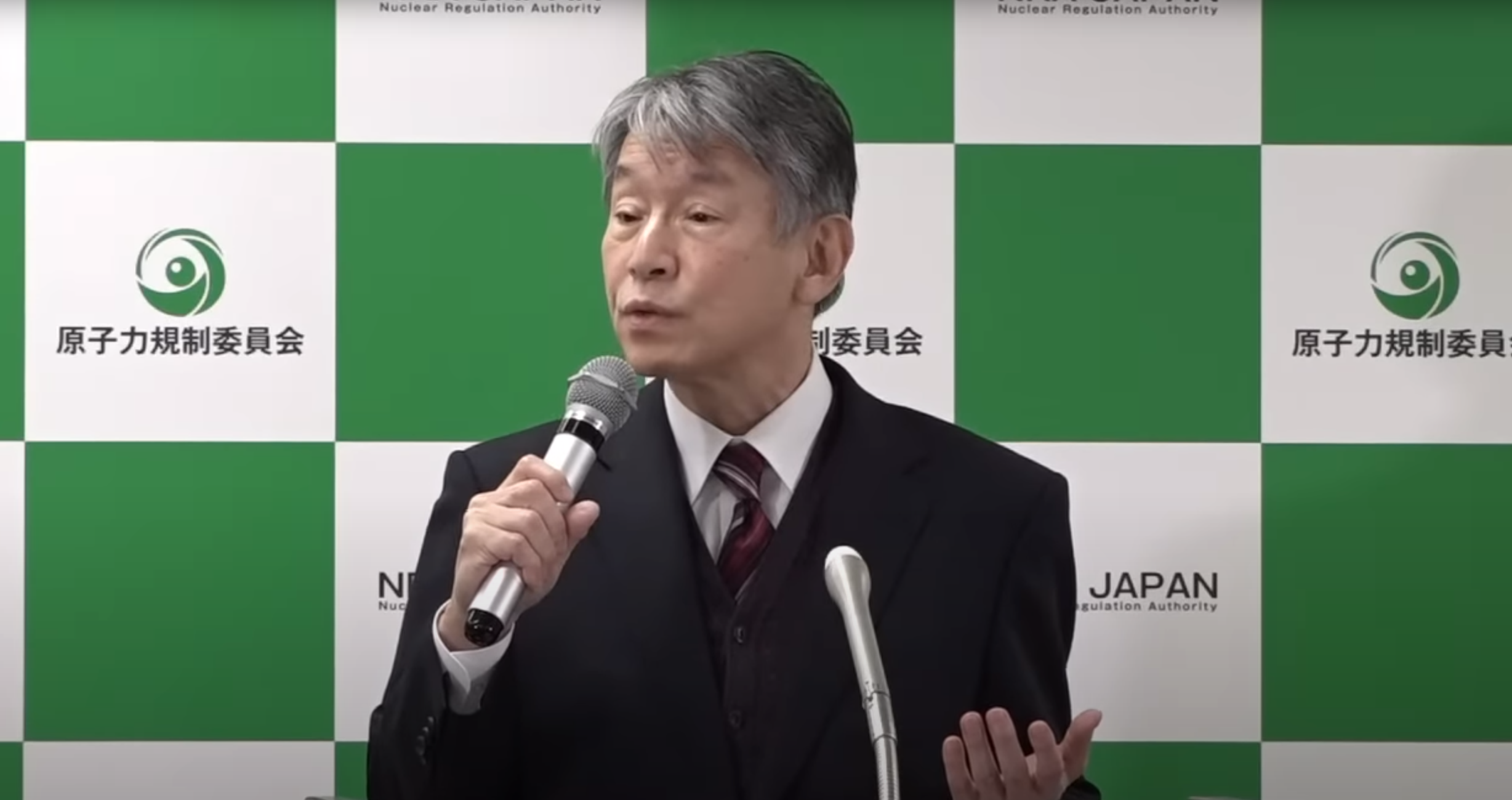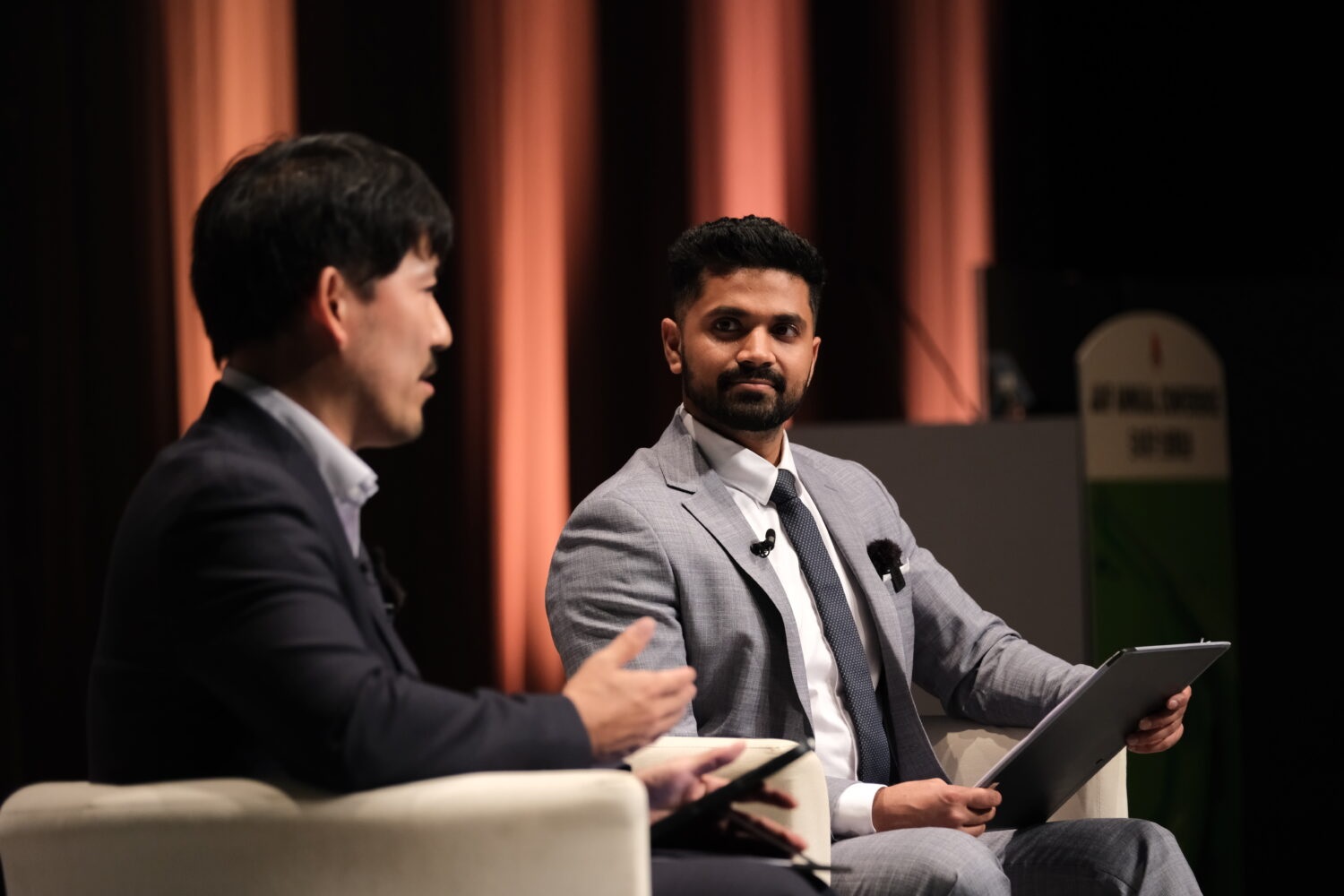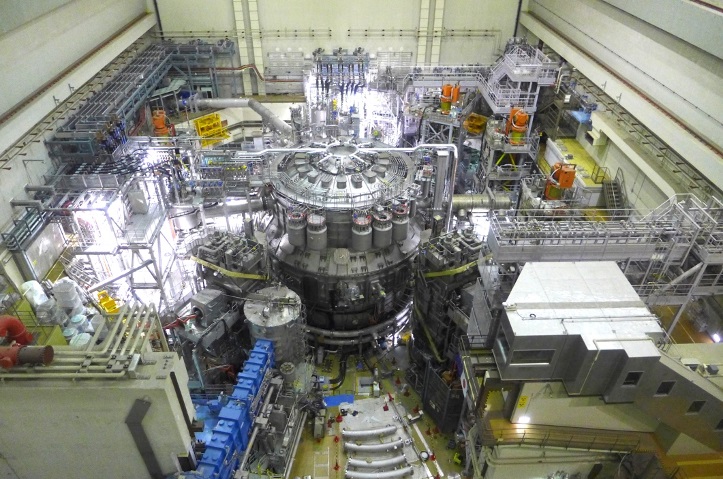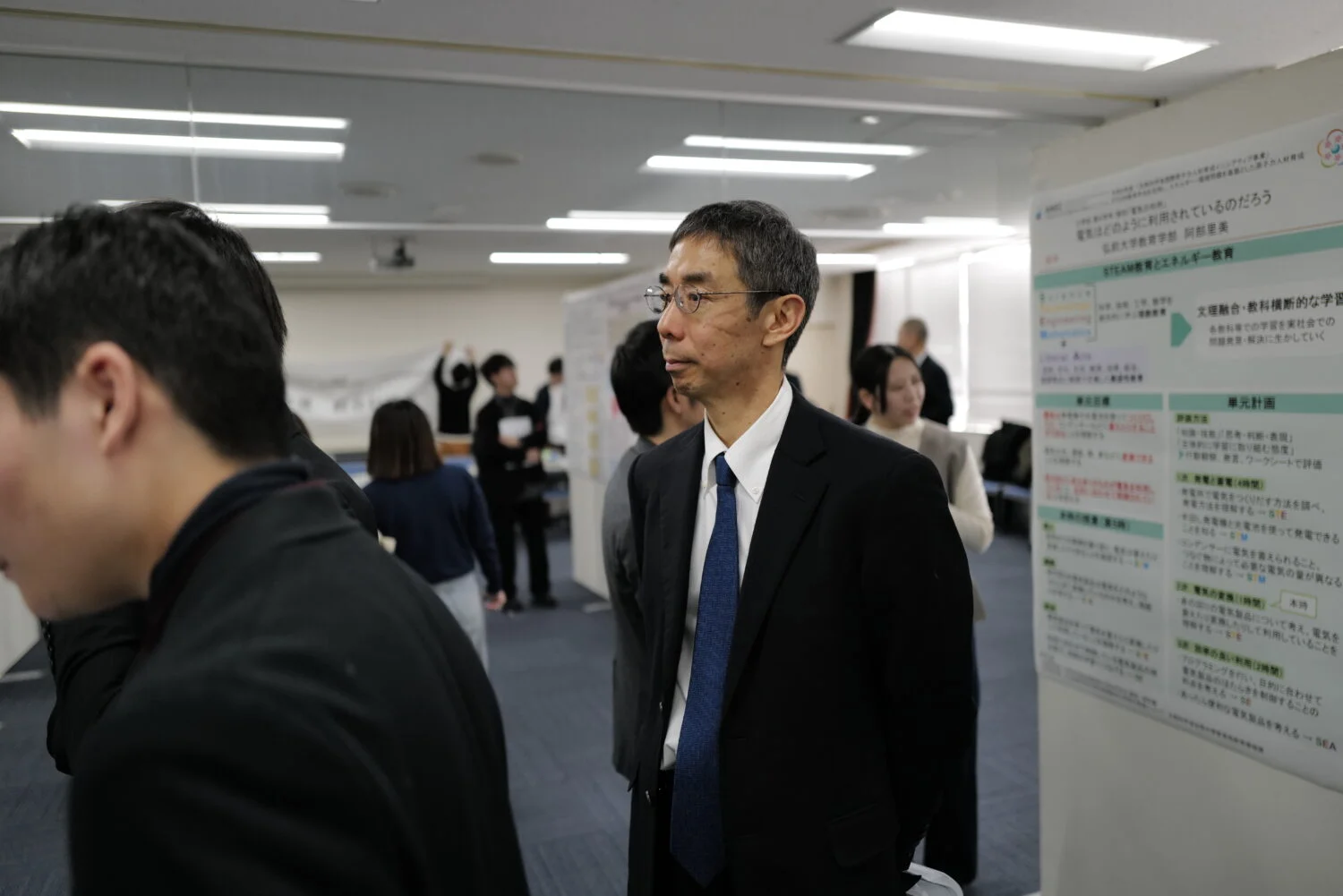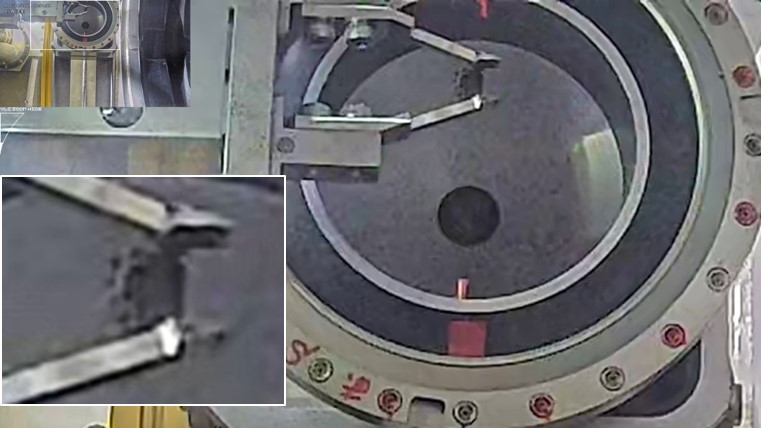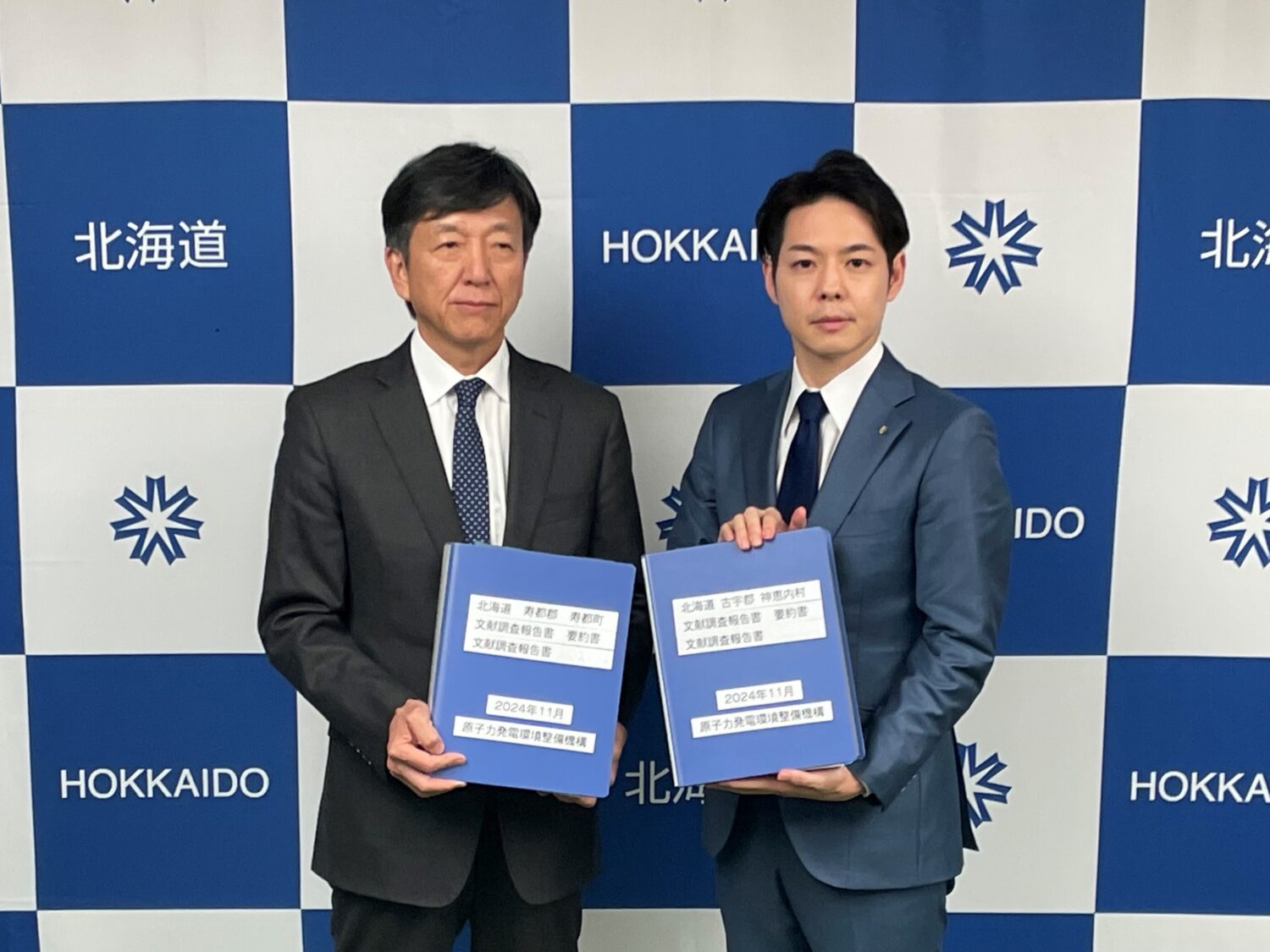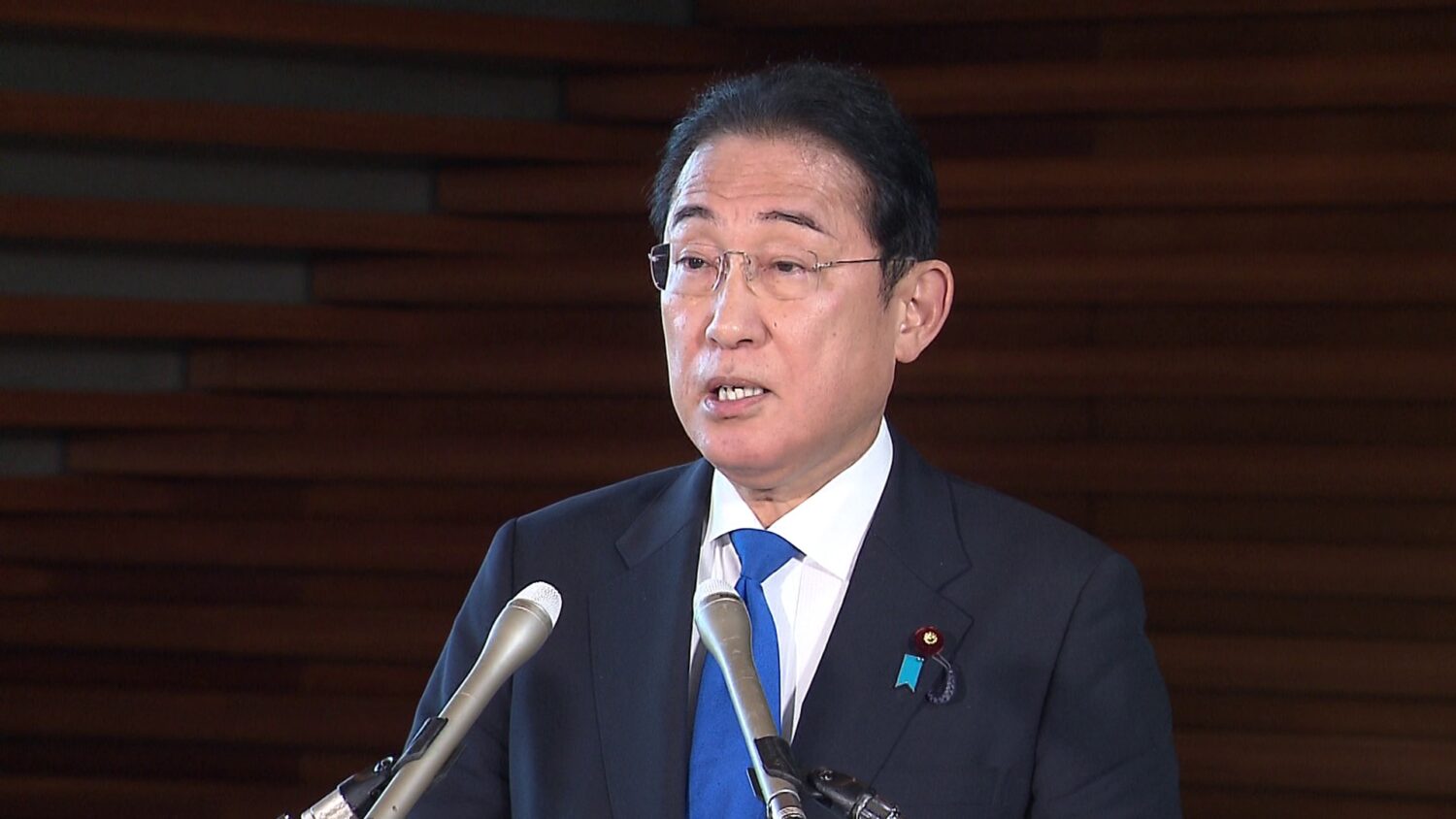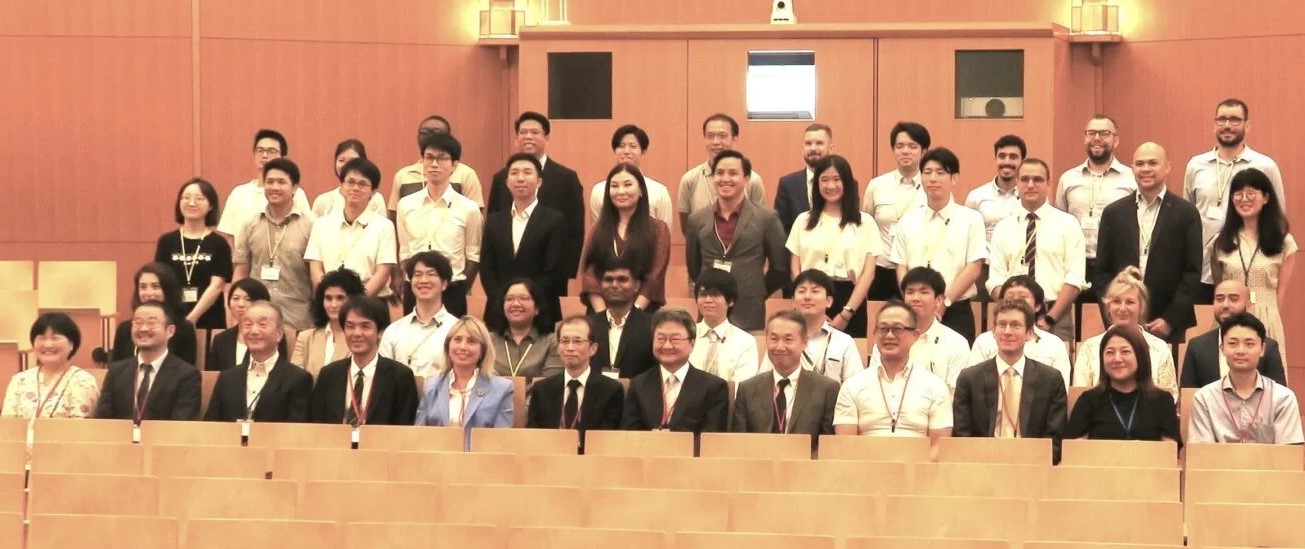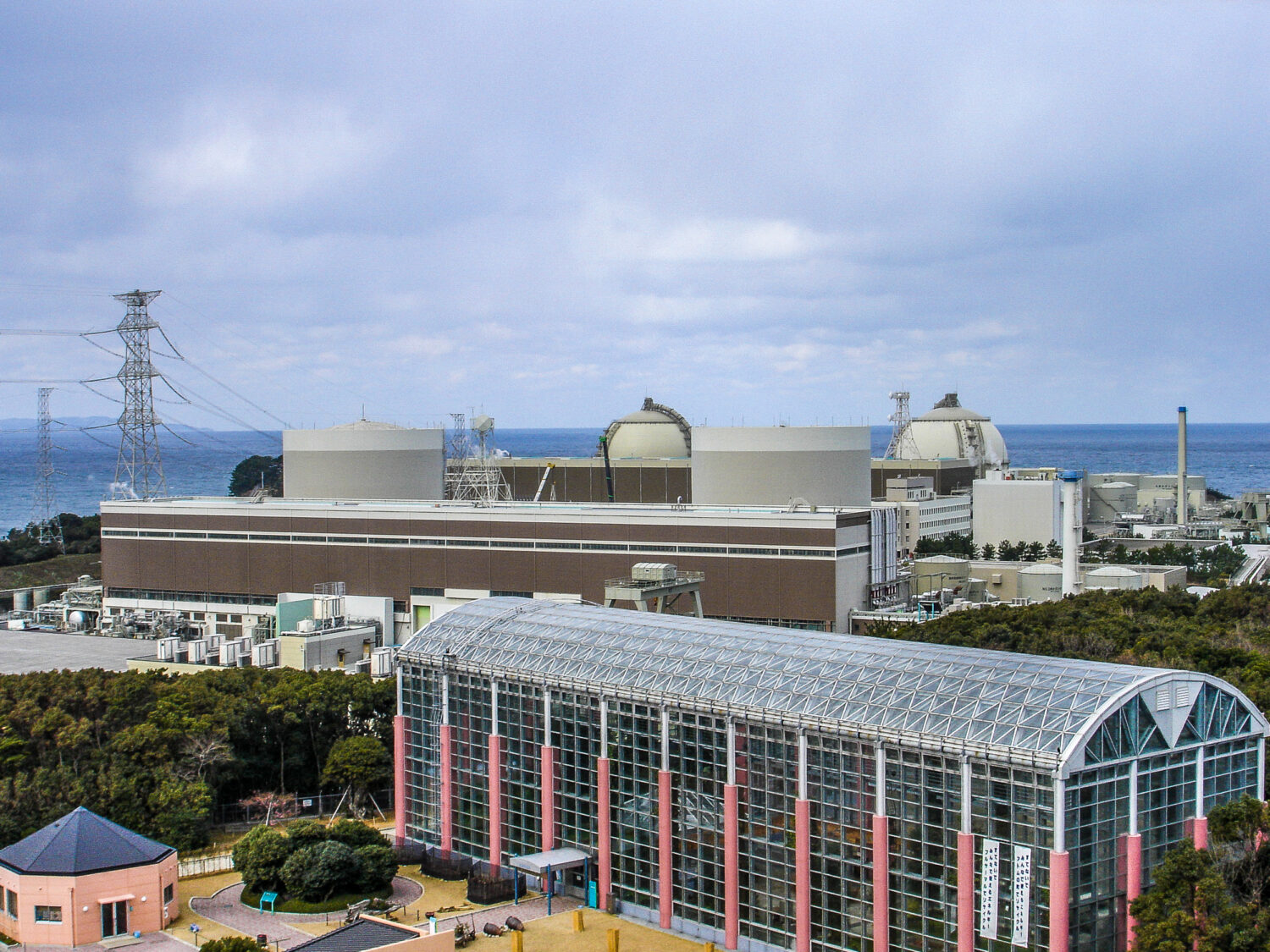At this first press conference of the year, printed copies were distributed of the “New Year’s Greeting by JAIF Chairman Imai” and the “New Year’s Message for 2022 by JAIF President Arai.”
Speaking to the reporters, the president referred to “Major Movements in 2021,” a summary of actions by nuclear parties in Japan and globally, issued by JAIF’s information department. He cited the increasing tendency last year for nuclear power to be utilized worldwide—both domestically and internationally—and went on to explain the four pillars of JAIF’s activities for this year, namely: (1) obtaining understanding on nuclear power, (2) providing support for Fukushima’s reconstruction, (3) ensuring and educating human resources, and (4) carrying out international cooperation.
On the first day of 2022, major mass media in Japan had reported that the Japan Atomic Energy Agency (JAEA) and Mitsubishi Heavy Industries, Ltd. (MHI) planned to participate in an initiative led by both TerraPower, a nuclear innovation company in the United States, and the U.S. Department of Energy (U.S. DOE). Shortly thereafter, on January 6, Koichi Hagiuda, head of Japan’s Ministry of Economy, Trade and Industry (METI), had an online conversation with Secretary Jennifer M. Granholm of the U.S. DOE on energy policy. They confirmed the direction of promoting cooperation between the two countries on innovative reactor development.
In response to a question from a reporter on those developments toward international collaboration, JAIF President Arai reiterated the importance of developing fast reactors within Japan’s nuclear fuel cycle policy from the viewpoint of reducing toxicity in radioactive waste and making effective use of natural resources. He then said that he welcomed movements toward the development of nuclear technology and the nurturing of human resources in Japan.
In December 2021, the BWRX-300(BWR, 300MWe) small modular reactor (SMR) of GE Hitachi Nuclear Energy was selected as the SMR to be built in a new project by Ontario Power Generation (OPG) in Canada. President Arai called the selection very meaningful. Referring to the difficulties in power system interconnection, made all the more challenging by the size of that country, as well as economies of scale delivered by large reactors, he also mentioned the need to develop SMRs suitable to the particular conditions of each country.


